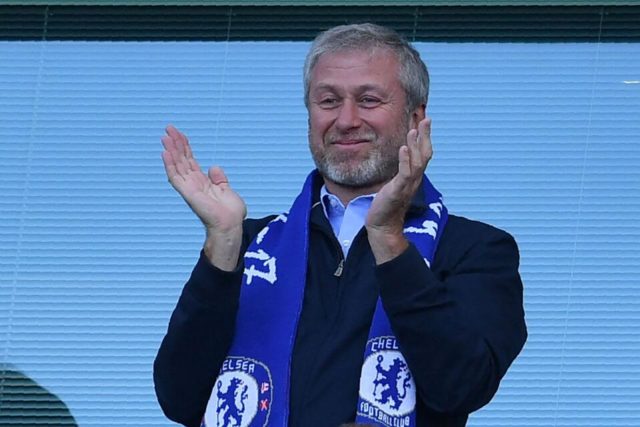I’ve heard many times that politics should be kept out of sport, but because of sport’s inherent power to influence people, it has been used as a tool, writes Matthew Marcus.
IT’S never just a game, is it?
Nelson Mandela famously said: “Sport has the power to change the world. It has the power to inspire. It has the power to unite people in a way that little else does. It speaks to youth in a language they understand. Sport can create hope where once there was only despair.”
Here in South Africa, we know the power of sport. We know the good and the bad.
We’ve experienced its power to unite, just look at the Springboks’ Rugby World Cup triumphs of 1995 and 2019. And we can point to how sports boycotts played a role in ending Apartheid.
But we also know just how bad it can be.
In the past, Gary Player used his prowess on the golf greens to spread Apartheid propaganda and white supremacy. We can all agree that this is not how sport should be used.
I’ve heard many times that politics should be kept out of sport, but because of sport’s inherent power to influence people, it has been used as a tool. And sport has never been used more deceptively as it has been revealed in the last while.
Newcastle’s new owners are backed by the Saudi Arabian Public Investment Fund, headed by Prince Mohammed Bin Salman, who has been accused of ordering the butchering of a prominent US journalist, not to mention the Saudi war in Yemen.
Reports of human and labour rights of migrant workers to build the World Cup stadiums for the upcoming tournament in Qatar have been ignored by Fifa.
There were protests against the 2018 World Cup in Russia after Vladimir Putin first invaded and annexed the Crimean peninsula of Ukraine.
But only with the most recent attacks in Europe has sport really woken up to what this “soft power” that has been used to shield the perpetrators. Boycotts and sporting isolation may seem trivial when people are dying, but we’ve seen it work here.
I am not a political scientist, but war is disgusting. I bet the people who are dying and are killing also have their favourite teams that they support. So we have that in common and that we have families at home that we will die for to protect.
The most intriguing example though about all of this soft power in sport is the controversy surrounding Chelsea and Roman Abramovich.
A lot has been said and reported around the Russian, from Ukrainians claiming that he is trying to facilitate a peace deal to him transferring his 28.64 percent stake in a steel company making parts to make tanks used in Russia’s invasion.
But incredibly, on Thursday night, the billionaire confirmed rumours that he would be selling Chelsea, as the walls closed in on his fellow oligarchs.
And he said in his statement: “I have instructed my team to set up a charitable foundation where all net proceeds from the sale will be donated. The foundation will be for the benefit of all victims of the war in Ukraine.
“This includes providing critical funds towards the urgent and immediate needs of victims, as well as supporting the long-term work of recovery.”
Whether you believe it or not, this is the sort of story that will make you cheer. Chelsea legends John Terry and Frank Lampard came out and praised their former boss for his move. Blues fans will say he is a humanitarian and the best owner ever.
And I can understand why they do. He made the players rich and helped the club win trophies – 21 in 19 years.
But on the flip side, the way the owners get their fortunes and what they facilitate with their wealth, is what truly defines them. It could all be smoke and mirrors, with the money from the sale never being used for its stated purpose.
With the UK government freezing and seizing the assets of billionaire Russians with ties to the Kremlin, this could just be an attempt at saving face.
The point is to use sport as a tool to gain soft power. And it’s never just a game. Sport’s power for good tainted by the powerful.








